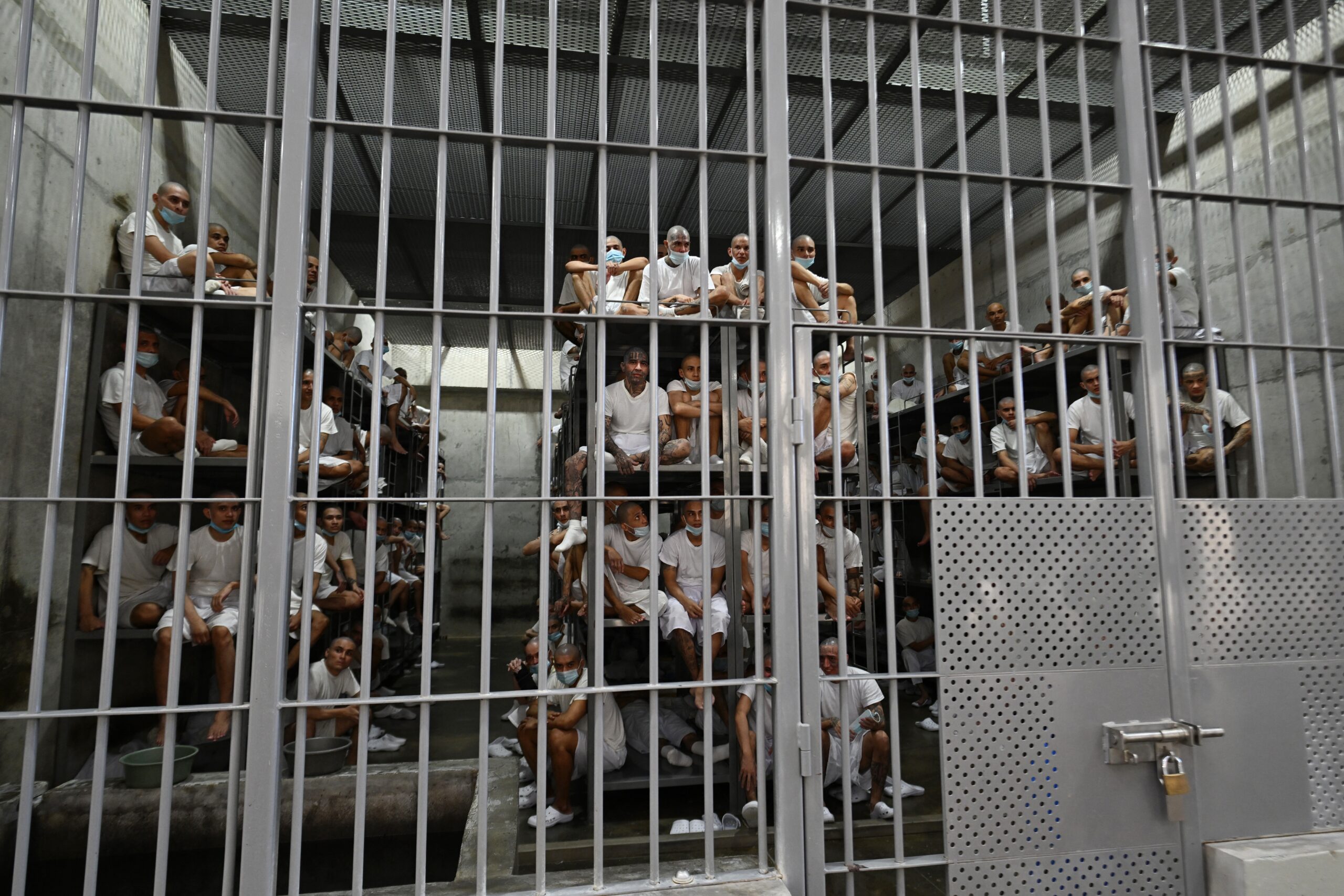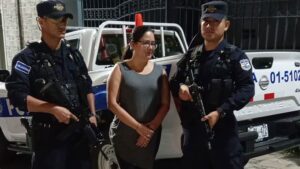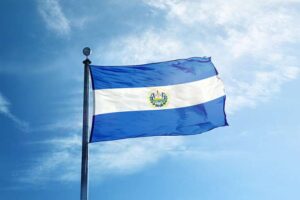
RFK Human Rights’ El Salvador Delegation to Investigate Trump’s Unlawful Deportations
Trump’s use of the Alien Enemies Act defies due process.
Our team traveled to El Salvador to get the truth.
BACKGROUND
In March 2025, President Trump issued an executive order invoking the 1798 Alien Enemies Act to deport Venezuelan migrants.
Hundreds of Venezuelan migrants were swiftly deported to El Salvador after being baselessly labelled as members of the Tren de Aragua (TdA) gang. Human rights groups and federal judges raised alarm over the lack of legal protections and reports of torture in detention centers in El Salvador.
The actions violated U.S. constitutional and international human rights principles, including protections against arbitrary detention, enforced disappearance, torture, and the right to a fair trial, among others. On April 8, the U.S. Supreme Court ruled 5-4 that while deportations under the AEA could continue, detainees must first be given notice and a chance to seek habeas relief.
In her dissent, Justice Sotomayor warned that the administration’s approach posed “an extraordinary threat to the rule of law.” As the new government tests the limits of constitutional checks, questions remain about how long the judiciary can hold the line.
In the face of this authoritarian expansion of executive power through the constant use of executive orders, abuse of migration laws, and direct attacks on the judiciary, our team of lawyers visited El Salvador to advocate for individuals disappeared without due process.
RFK HUMAN RIGHTS’ DELEGATION TO EL SALVADOR
On April 26–28, attorneys from RFK Human Rights traveled to El Salvador to advocate for the release of 10 of the Venezuelan migrants.
The delegation, which included President Kerry Kennedy, VP of International Advocacy and Litigation Angelita Baeyens, and Latin America Senior Staff Attorney Isabel Roby, met with members of the executive branch on Monday, April 28. They also met with various civil society organizations to discuss grave human rights violations under El Salvador’s years-long state of emergency—including arbitrary detentions, state-sanctioned torture in detention centers, and hundreds of deaths under state custody.
RFK Human Rights’ 10 detained international clients included individuals with work permits, pending asylum applications, and temporary protected status—many of whom were arrested solely for having tattoos, with no connection to the Tren de Aragua gang.
CHALLENGING THE FORCIBLE DISAPPEARANCE OF MIGRANTS
SUBMISSION
US brokers secret torture deal with El Salvador: report to UN Special Rapporteur on the Human Rights of Migrants
In February 2025, El Salvador and the United States secretly finalized an agreement under which El Salvador would accept people transferred from the US to indefinite, incommunicado detention at Salvadoran prisons infamous for widespread human rights violations, including the Terrorism Confinement Center, known as CECOT.
This submission to the United Nations Special Rapporteur on the Human Rights of Migrants documents how El Salvador has imprisoned in CECOT approximately 288 people transferred by the US, including Venezuelan nationals deported under the Alien Enemies Act, an 18th century US law used to remove people without a trial on mere allegations of gang membership.
request for precautionary measures
Lawsuit Seeks to Restore Human Rights for Those Disappeared to Indefinite Incommunicado Detention in El Salvador
Four groups, including RFK Human Rights, filed a request seeking precautionary measures from the Inter-American Commission on Human Rights (IACHR) against El Salvador for the unlawful detention of hundreds of individuals forcibly and illegally transferred from the United States in recent months. Without any due process, these individuals—including many with pending asylum applications—are being held incommunicado in El Salvador’s infamous Centro de Confinamiento del Terrorismo (CECOT), a mega-prison widely condemned for its inhumane conditions.
LITIGATION
Ending the U.S. backroom deal to disappear people to a Salvadoran prison
This case challenges a secret and illegal agreement between the U.S. Department of State and the government of El Salvador that allows people deported from the United States—including asylum seekers, longtime U.S. residents, and even U.S. citizens, as threatened by the President—to be indefinitely detained in a notorious Salvadoran mega-prison in brutal conditions. The agreement bypasses Congress, violates U.S. and international law, and relies on a covert funding scheme in which the the United States funnels millions of dollars to the Salvadoran government to carry out incommunicado detentions.
In July 2025, ten of our Venezuelan clients were released from CECOT in a prisoner swap.
On July 18, 2025, a prisoner swap sent hundreds of men, including our clients, from El Salvador to Venezuela in exchange for Venezuela releasing 10 U.S. citizens and permanent residents held as political prisoners. Many of the deported men had fled Venezuela seeking asylum in the U.S., but were removed before their cases were heard.
While we welcome their release, we cannot ignore the truth: they were used as bargaining chips. The rights of every single person flown to Venezuela were violated by the United States and El Salvador, and our fight for justice is far from over.



